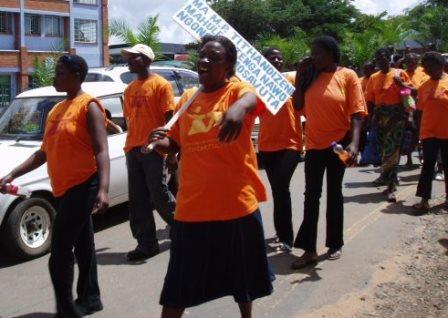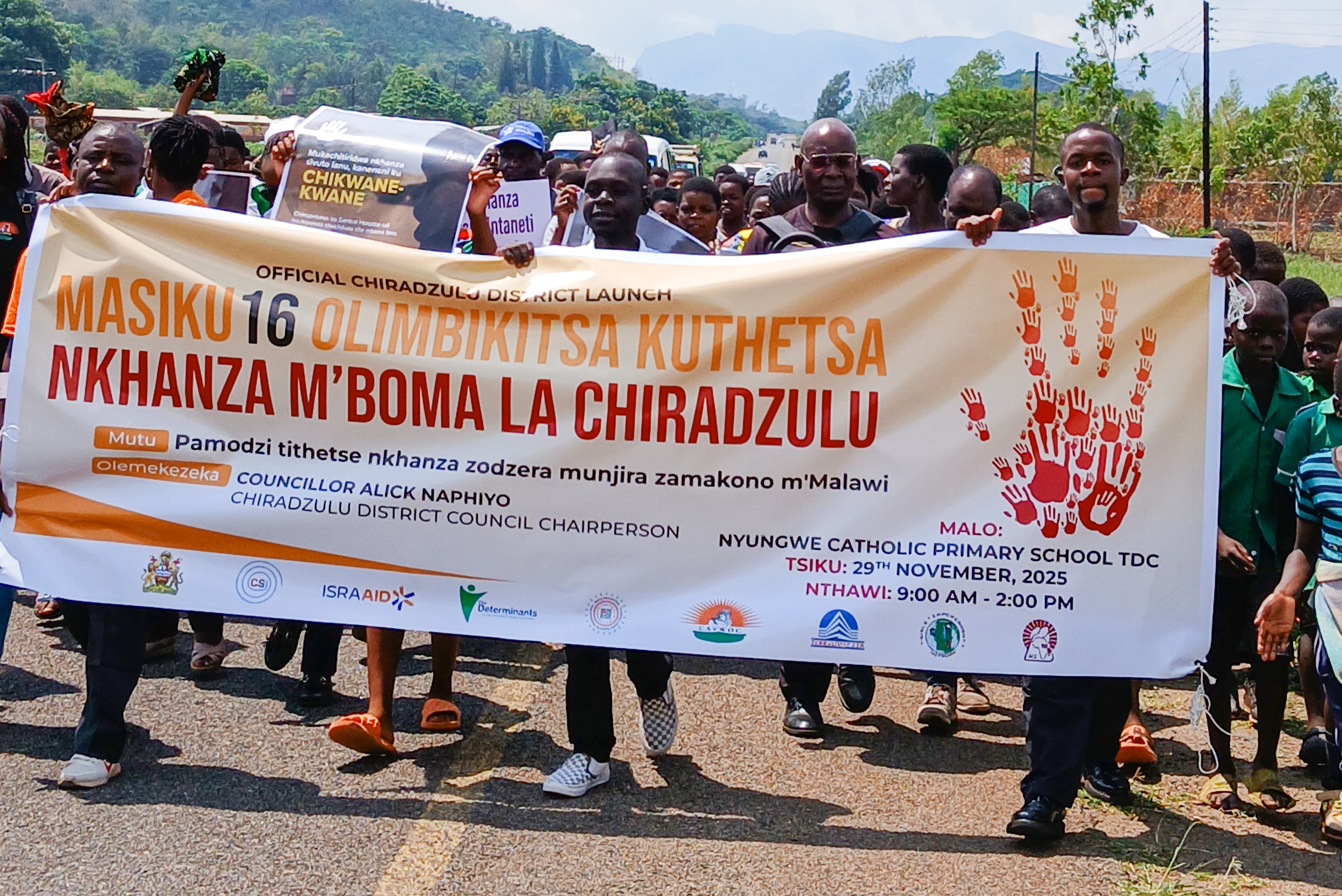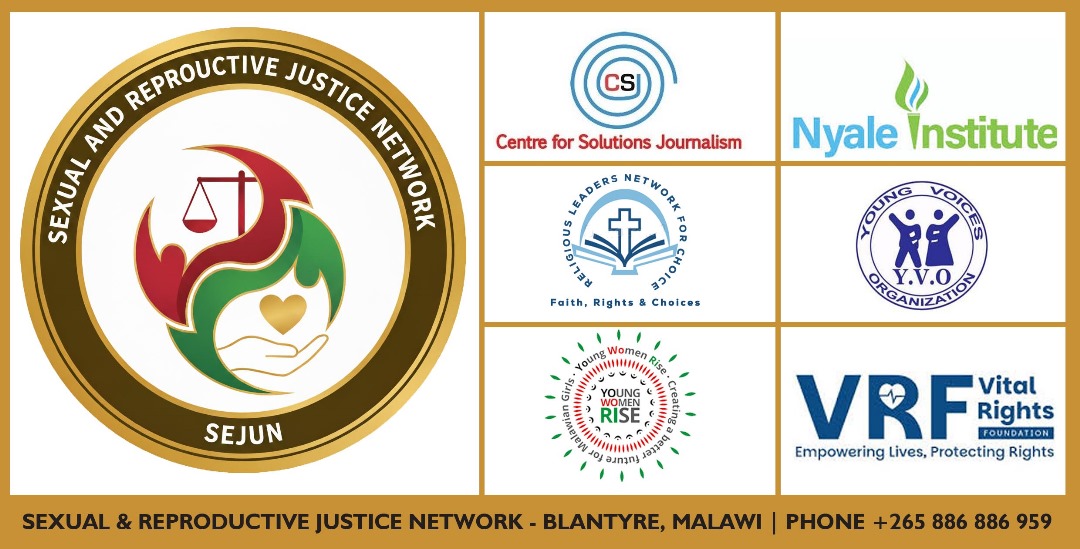
Although sex workers around the world lobby for decriminalisation, sex work law remains controversial. CHERYL OVERS writes
The question of whether female sex work (performed by both trans and cisgender women) is legal or illegal in any country cannot be answered with a simple “yes” or “no”. Criminal law covers the different activities, people and settings associated with commercial sex by variously prohibiting selling, buying and/or brokering sex, and by criminalising sex workers, sex venue operators, landlords and often customers.
The global map of sex work law reveals that, although sex work is totally illegal in only a handful of countries, some aspects of commercial sex are illegal in most parts of the world.
Typically, sex work is prohibited in some settings and under some conditions, but allowed or tolerated in others. For example, it may be legal for one woman to sell sex from a property but illegal for multiple women to do so.
Even where selling sex is not itself illegal, it may be illegal for an immigrant or an HIV-positive woman. It may also be illegal for a landlord to rent to a sex worker.
This means it is more helpful to begin by asking: “What prostitution-related activities are illegal?”
Equally importantly, but often overlooked, we also need to ask what non-criminal law has impacts on sex work.



